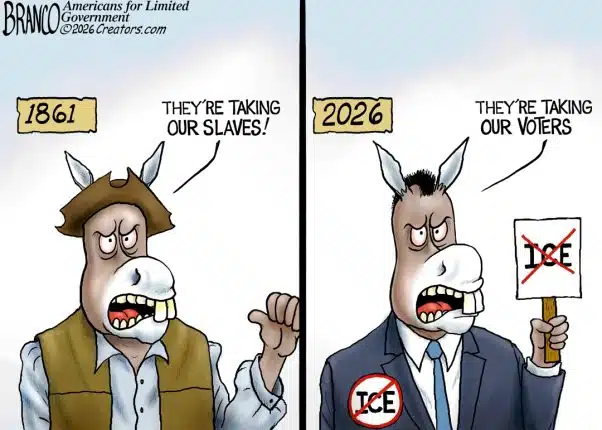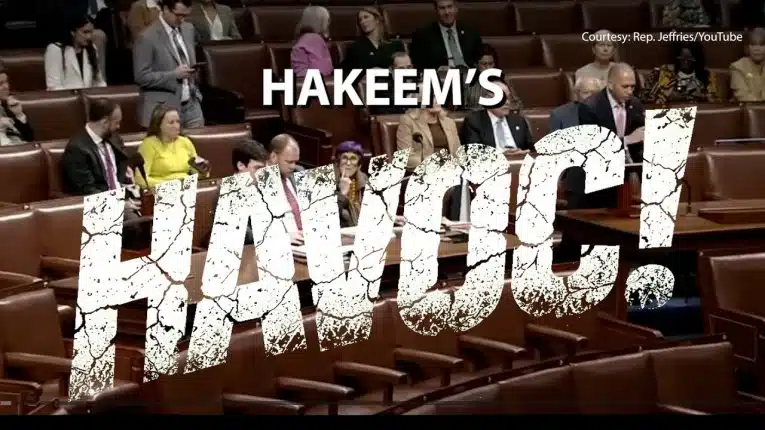By Rebekah Rast
“Roll on highway, roll on along
Roll on daddy till you get back home
Roll on family, roll on crew
Roll on momma like I asked you to do
And roll on eighteen-wheeler roll on (roll on)”
–Alabama, Roll On (Eighteen Wheeler)
By 2018, America’s 18-wheelers will be rolling on getting 20 percent more miles per gallon due to new Environmental Protection Agency (EPA) rules addressing new fuel standards for heavy vehicles.
But as nice as it will be for big-rigs to save four gallons of fuel for every 100 miles traveled, fuel efficiency comes at a cost. The Wall Street Journal estimates the costs to be $1,050 for work trucks, $380 for vocational trucks and $6,220 for supercab tractors.
President Obama and the EPA promise the upfront costs will more than pay for themselves after a year or two, but some worry the upfront costs may be too much for the trucking industry and cause irreparable harm.
“Americans don’t need the added burden of new regulations during a time when the country is trying to rebuild itself,” says Bill Wilson, president of Americans for Limited Government (ALG). “These new rules and regulations could potentially put small companies out of business.”
In a statement from Institute for Energy Research (IER), President Thomas Pyle echoed Wilson, “As with the recently announced fuel economy standards for passenger vehicles, these new rules will benefit a small group at the expense of American consumers. Far from protecting the American public, President Obama is using the power of the federal government to protect large corporations from competition and to suppress entrepreneurs and small businesses.”
Is this added cost for consumers and those in the trucking industry worth the benefits? If these rules and regulations are so helpful to the industry, wouldn’t such advancements come into the marketplace on their own?
By requiring these one-size-fits-all mandates, all competition to create a more energy-efficient engine for heavy trucks has been squeezed out. Like all vehicles, the more energy-efficient trucks are the better. The longer a driver can drive without pulling off the road to fill up the gas tank the better it is for consumers, businesses and the environment. Who’s to say these environmental standards wouldn’t have been introduced into the marketplace without these forceful guidelines from the EPA? When improving a product is better for everyone, usually the technological advances come out on their own.
It looks like the EPA is again requiring ridiculous mandates for an industry that doesn’t need it and in the end will probably do it more harm than good.
The Owner-Operator Independent Drivers Association (OOIDA) released a statement after the President’s announcement of the new efficiency standards that stated, “The new rule ignores input from small-business trucking, overlooks less expensive options to achieve EPA goals of reduced emissions, and will ultimately increase new truck costs.”
Joe Rajkovacz, director of Regulatory Affairs for OOIDA, went onto say, “By totally ignoring the impact on small-business trucking, the EPA has demonstrated yet another example of our wretchedly broken regulatory process. The new rule is just another example of big moneyed interests working with government to protect their own bottom line. Instead of standing up for all motor carriers…”
OOIDA says the new regulations will only increase costs for small businesses, which, in fact, operate a majority of the nation’s trucking businesses. In fact, OOIDA states nearly 96 percent of registered motor carriers in the U.S. operate 20 or fewer trucks.
Despite the promise from the White House after the new standards were announced saying, these new regulations will, “save American businesses who operate and own these commercial vehicles approximately $50 billion in fuel costs over the life of the program,” not all parties believe the benefits will be equally felt among all trucking companies and consumers.
Continuing in his press release, IER’s Pyle states, “White House officials even admit that their new rules will raise the price of a big rig by over $6,000. It is astonishing that while Americans continue to struggle to pay their bills, President Obama is implementing regulations that he knows will raise prices.”
ALG’s Wilson agrees and adds, “The more this Administration has meddled in the economy the more economic setbacks and obstacles it has caused. Fuel efficiency is a goal for all manufacturers, drivers and consumers. No one needed the EPA to point that out with burdensome mandates.”
The trucking industry is vital to the economy as it serves all businesses big and small and provides well-paying jobs. Tampering with trucks could have disastrous effects on the entire industry.
America needs its 18-wheelers to keep rolling on.
Rebekah Rast is a contributing editor at Americans for Limited Government (ALG) News Bureau. You can follow her on Twitter at @RebekahRast.






